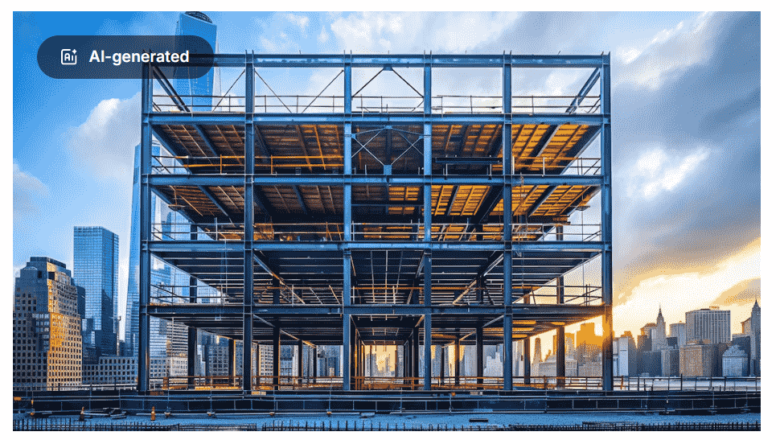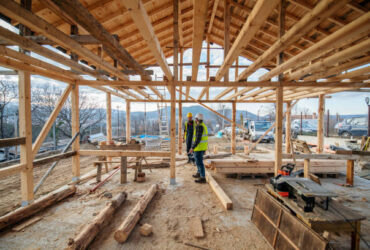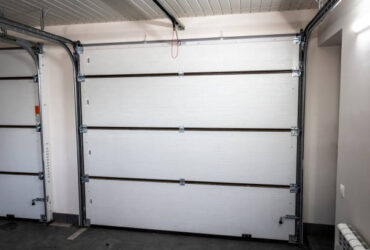When planning a construction project, choosing the right type of building and understanding the associated costs are crucial for achieving optimal results. Among the various options available, metal buildings, hybrid steel buildings, and considerations related to steel building prices are prominent choices that offer distinct advantages and characteristics. This article explores each of these options to help you make an informed decision.
Benefits of Metal Buildings
Metal buildings have become increasingly popular due to their durability and versatility. One of the main advantages of metal buildings is their robust construction. Made from high-quality steel, these structures are resistant to harsh weather conditions, fire, and pests. This durability ensures that metal buildings have a long lifespan and require minimal maintenance, making them a cost-effective choice in the long term.
Additionally, metal buildings offer flexibility in design and use. They can be customized to meet a variety of needs, from warehouses and industrial facilities to office spaces and residential homes. This adaptability allows for innovative architectural designs and efficient space utilization. The prefabrication of metal buildings also speeds up the construction process. Components are manufactured in a factory and assembled on-site, which reduces labor costs and shortens the overall construction timeline.
Exploring Hybrid Steel Buildings
Hybrid steel buildings combine the advantages of steel with other construction materials, such as concrete or wood. This approach leverages the strengths of different materials to create a building system that is both efficient and versatile.
One significant benefit of hybrid steel buildings is their enhanced structural performance. By integrating steel with other materials, these buildings can achieve superior strength and flexibility. For example, using a steel frame in combination with concrete walls can provide a structure that offers both durability and thermal efficiency. This hybrid approach can also lead to innovative design possibilities, allowing for creative and functional building solutions.
Sustainability is another advantage of hybrid steel buildings. Steel is a highly recyclable material, and combining it with other eco-friendly materials can reduce the overall environmental impact of construction. This makes hybrid steel buildings an attractive option for projects with sustainability goals.
Understanding Steel Building Prices
Steel building prices are influenced by several factors, including the size of the building, the complexity of the design, and the quality of the materials used. The cost of steel itself, along with labor and any additional features, also affects steel building prices.
One advantage of steel building prices is the potential for cost savings compared to traditional construction methods. Prefabricated steel components can lead to lower material and labor costs. The faster construction time associated with metal buildings further contributes to reduced overall expenses, as shorter project timelines result in lower labor costs and quicker occupancy.
However, it’s important to consider that steel building prices can fluctuate based on market conditions. Variations in steel prices, supply chain disruptions, and the inclusion of custom features can impact the final cost. Effective budgeting and careful planning are essential to manage these variables and ensure that the project remains within budget.
Conclusion
In summary, metal buildings, hybrid steel buildings, and steel building prices each offer unique benefits and considerations. Metal buildings provide durability, versatility, and efficient construction. Hybrid steel buildings combine steel with other materials to enhance performance and sustainability. Understanding steel building prices is crucial for budgeting and financial planning.
By evaluating these options and their implications, you can make informed decisions that align with your project’s requirements and budget, ensuring a successful and efficient construction process.













